Aleks Szczerbiak
Without a government record to defend, Sławomir Mentzen has challenged the duopoly that has dominated Polish politics.
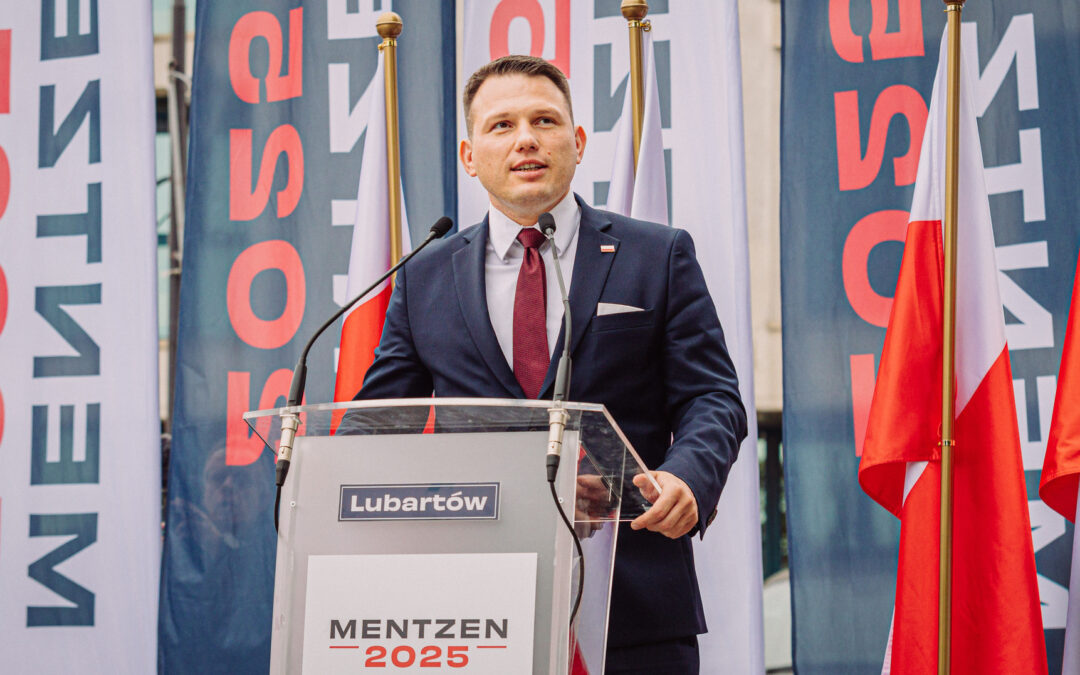

Aleks Szczerbiak
Without a government record to defend, Sławomir Mentzen has challenged the duopoly that has dominated Polish politics.
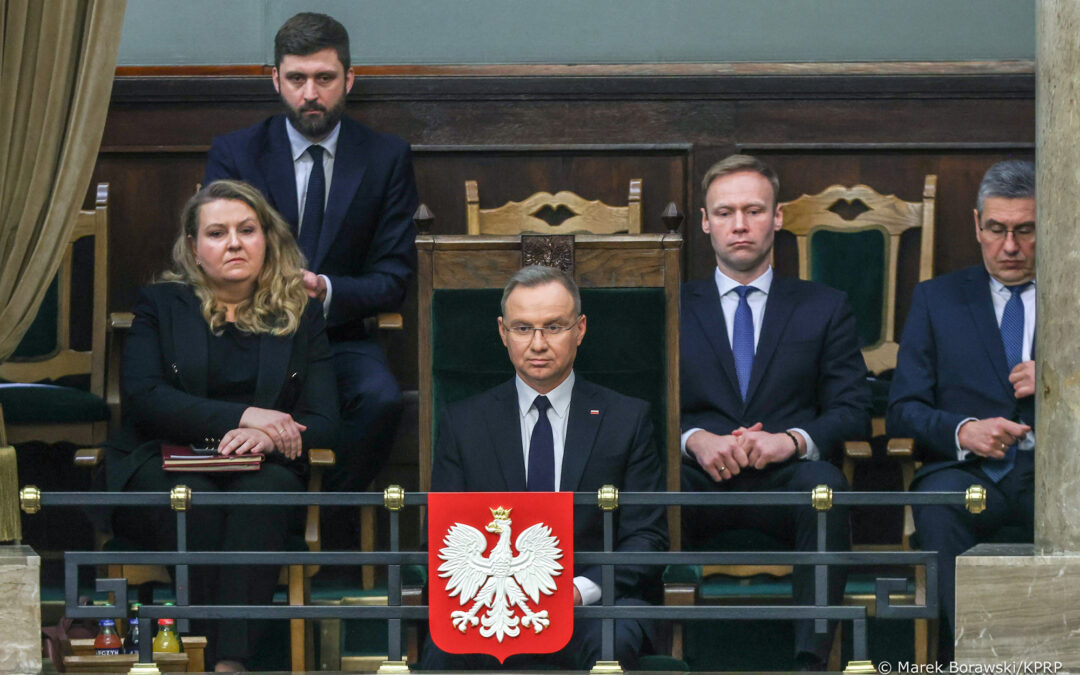
The ruling coalition argues the measure is necessary to ensure there will be no legal doubts over the election result.
We are an independent, nonprofit media outlet, funded through the support of our readers.
If you appreciate the work we do, please consider helping us to continue and expand it.
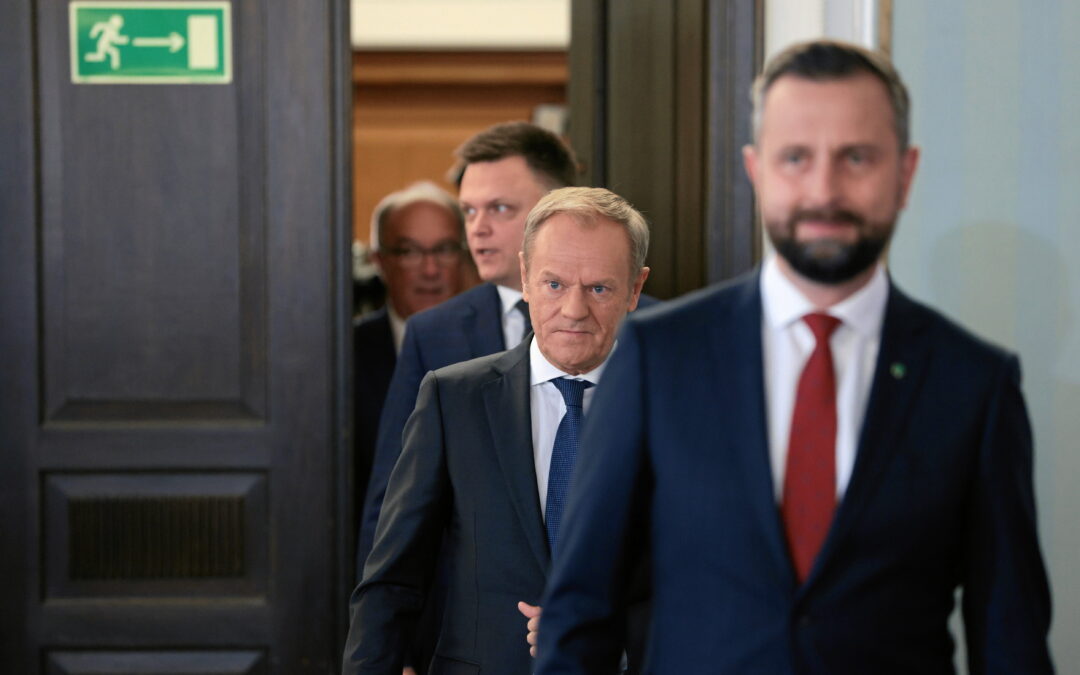
Aleks Szczerbiak
Turnout in cities and among younger voters helped, but less photogenic middle-aged electors were just as significant.
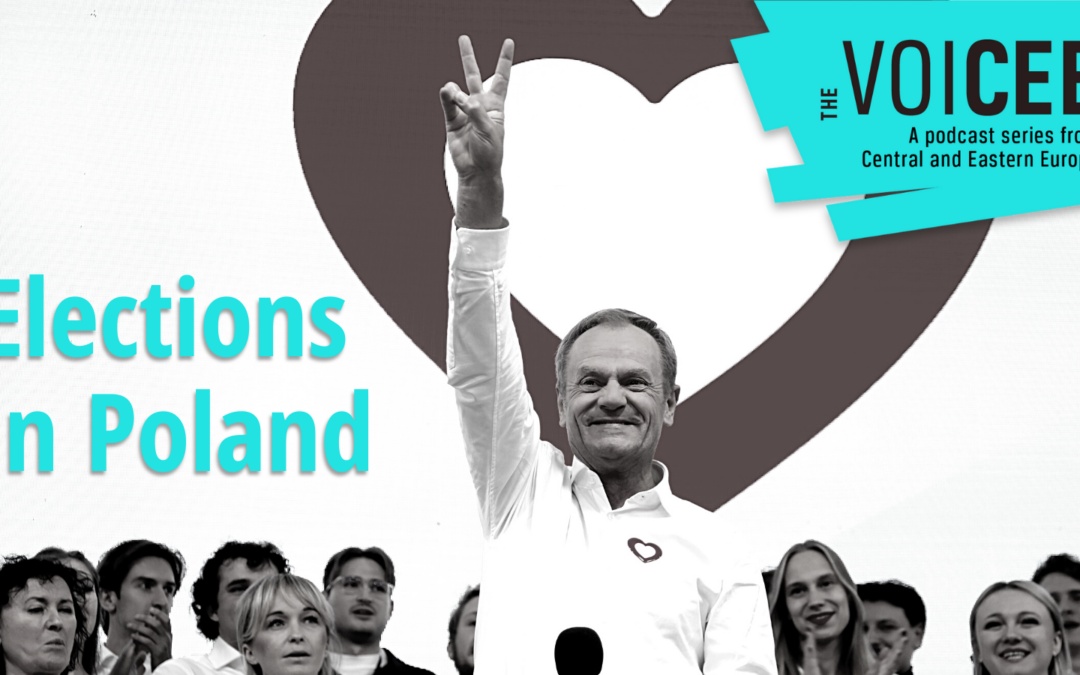
Agnieszka Wądołowska
In this episode, Professor Stanley Bill analyses the results of parliamentary elections in Poland.
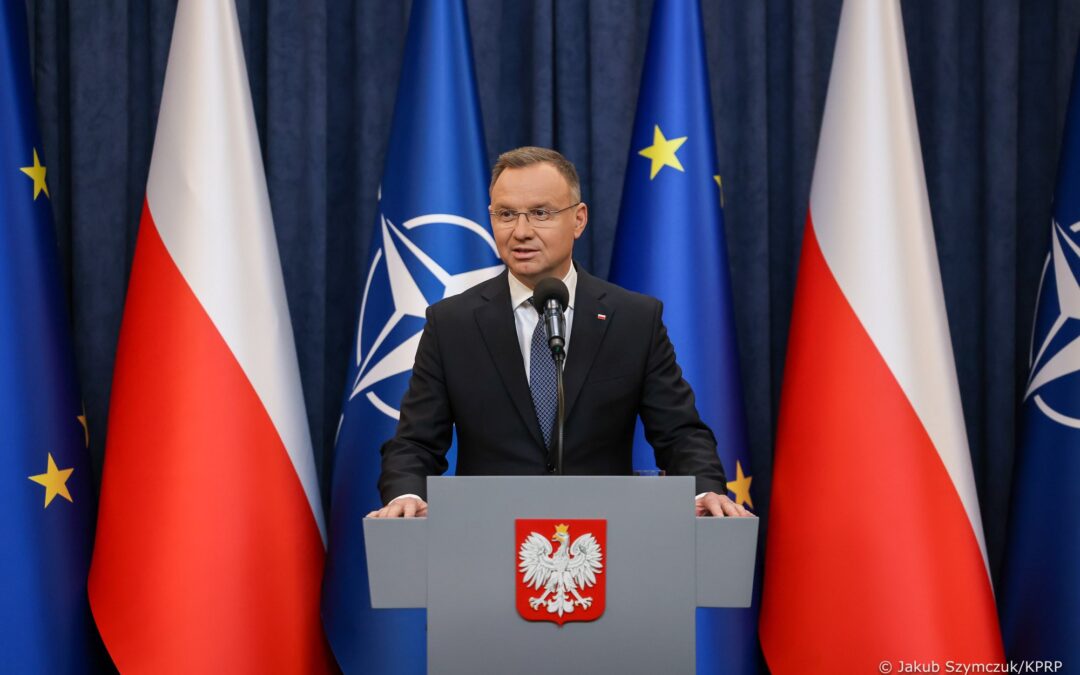
“We have two serious candidates for prime minister,” said Duda, naming Morawiecki and Tusk.

Some banners are being turned into bags while one group wants to send them to Ukraine to help seal soldiers’ dugouts and cover damaged roofs.
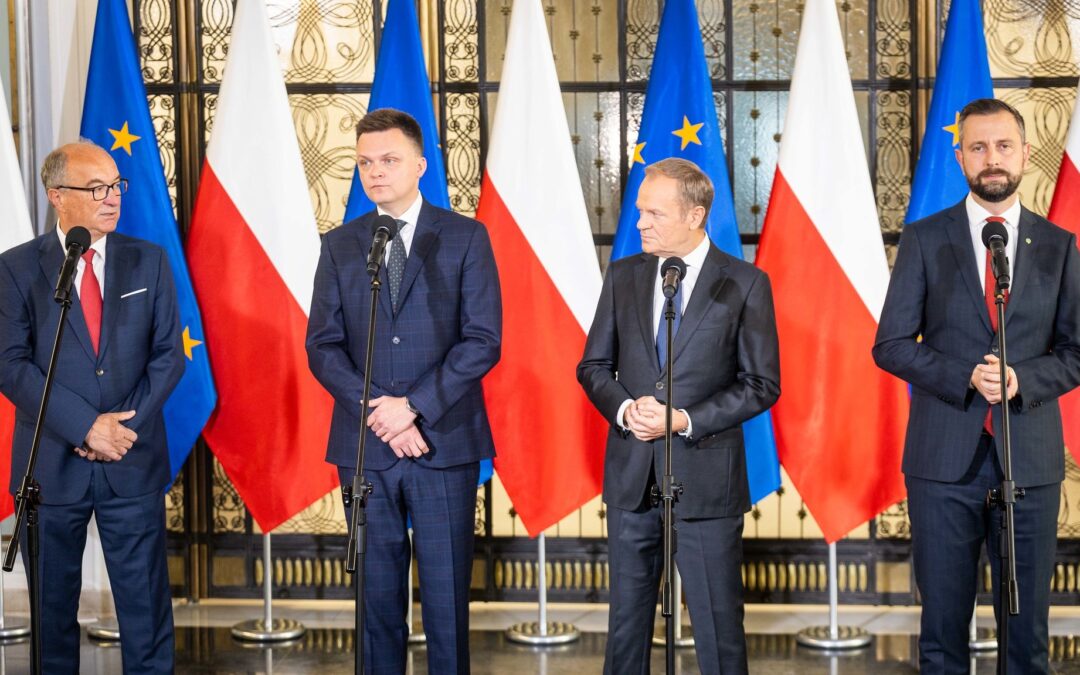
The opposition appealed to President Duda not to “waste any more time”.
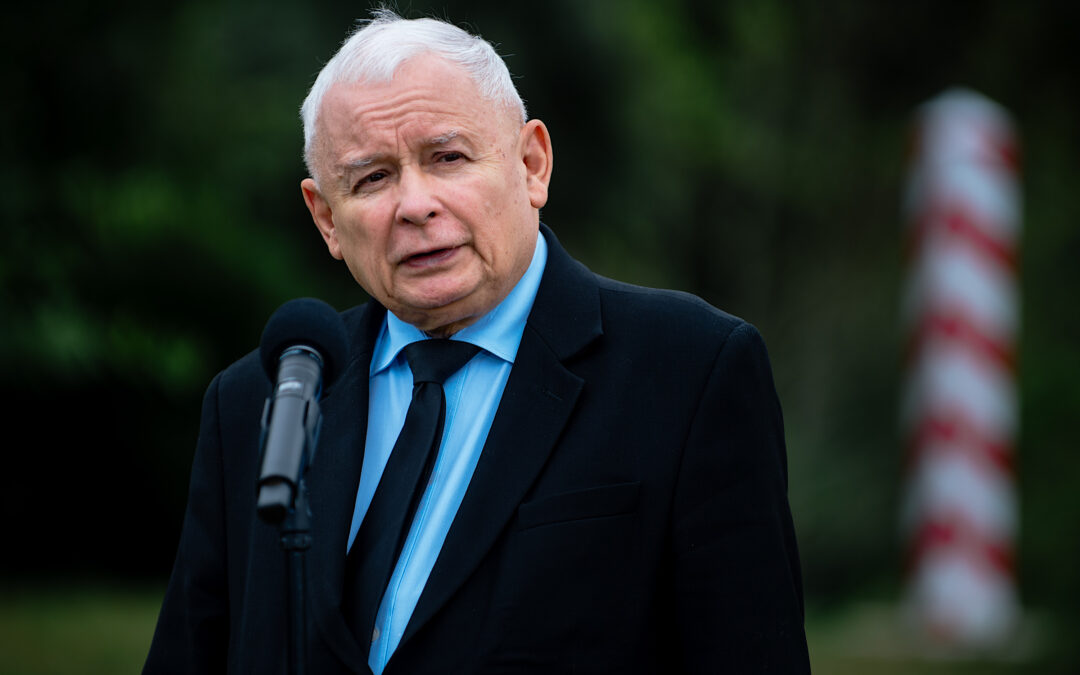
“We are dealing with external forces that use formations that operate in Poland and present themselves as Polish.”
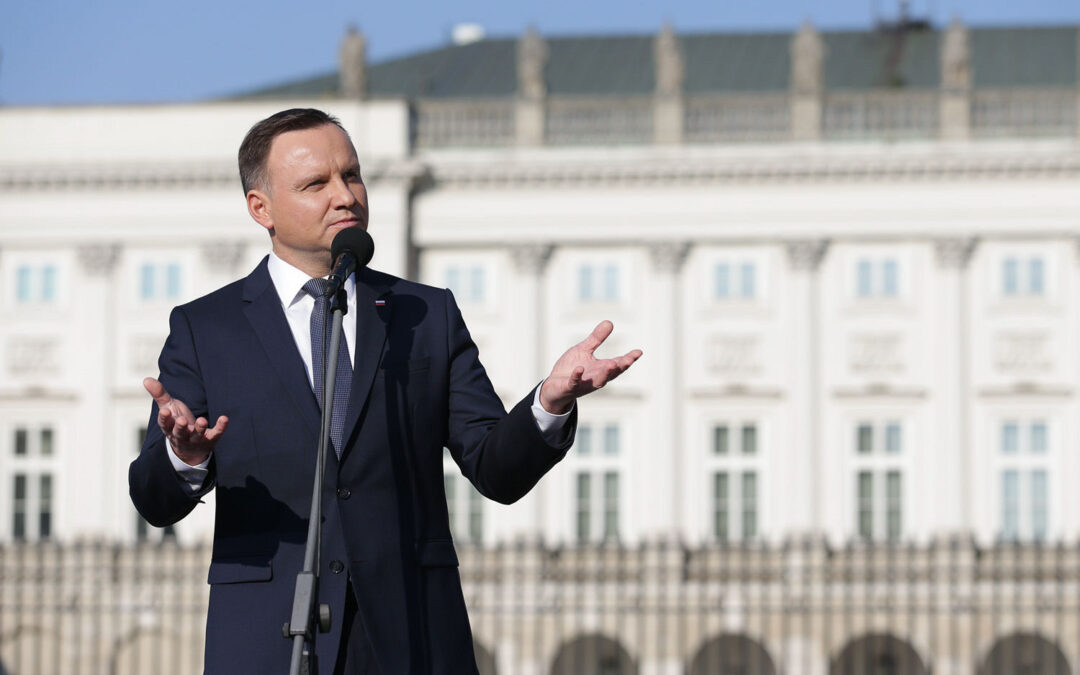
After elections, the president names a prime minister, who then has the first shot at forming a government.
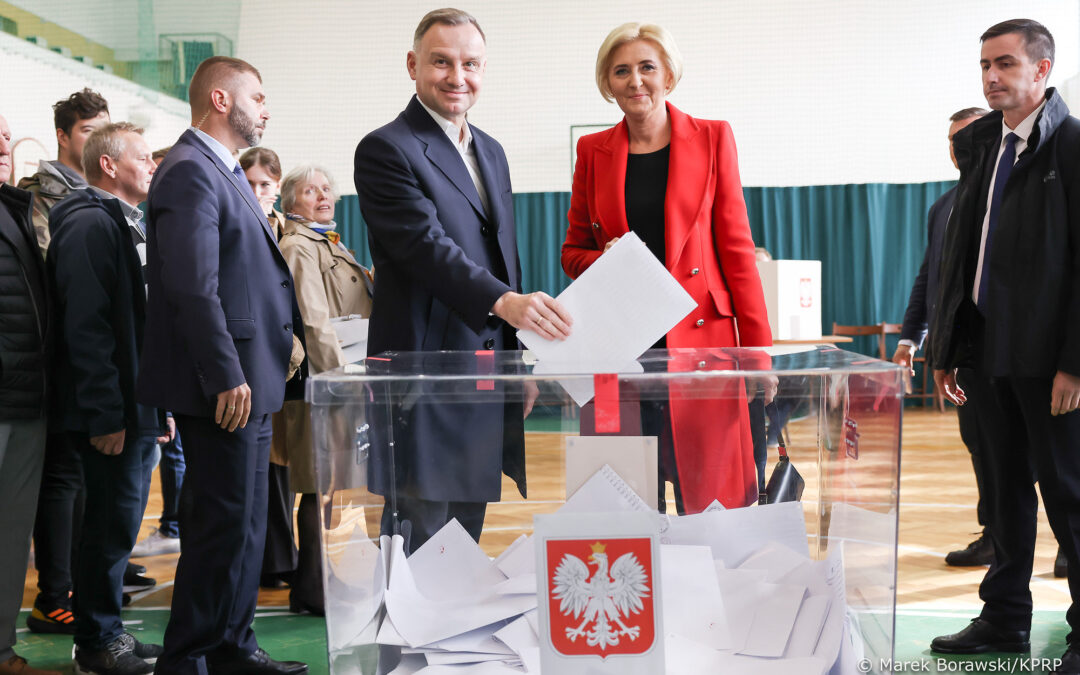
Sunday’s elections left the ruling party with no obvious way of forming the parliamentary majority needed to govern.
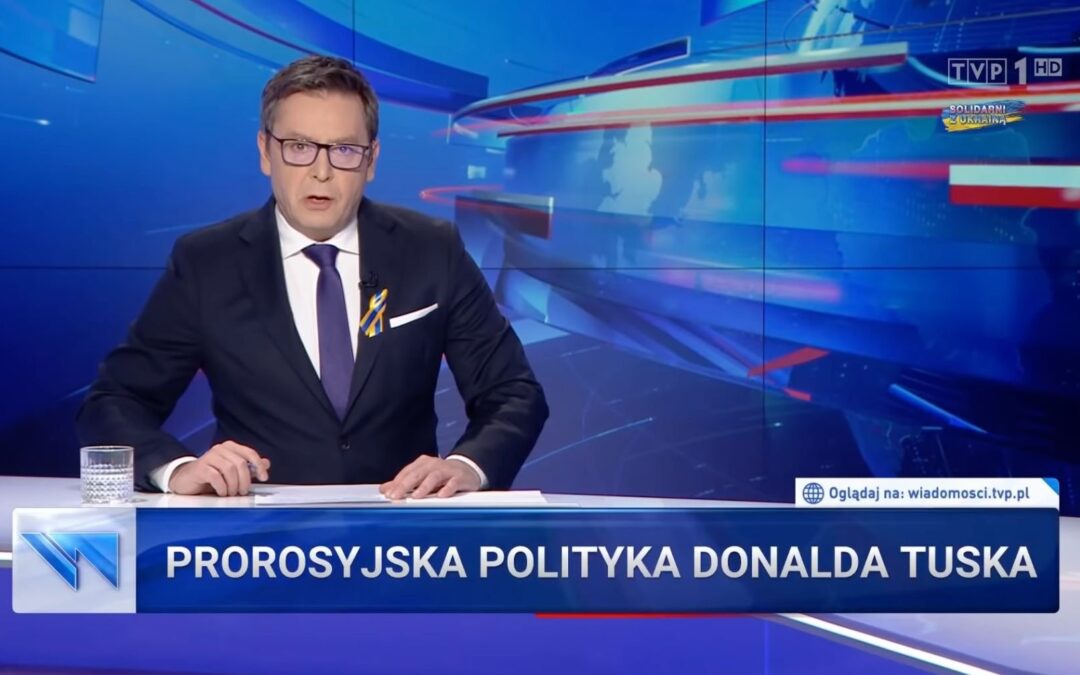
Marcin Wolski says that a “Stalinist logic” dominated at TVP.
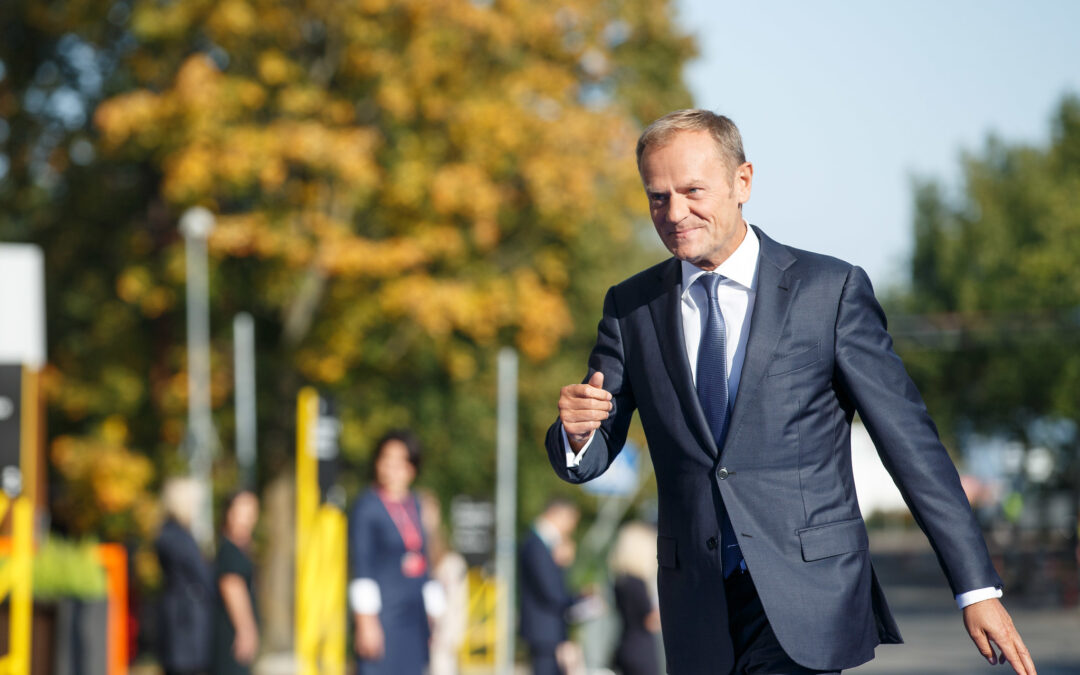
There remains uncertainty over whether the president will give the ruling party or opposition the first opportunity to form a government.

The ruling party “enjoyed a clear advantage through its undue influence over the use of state resources and the public media”.
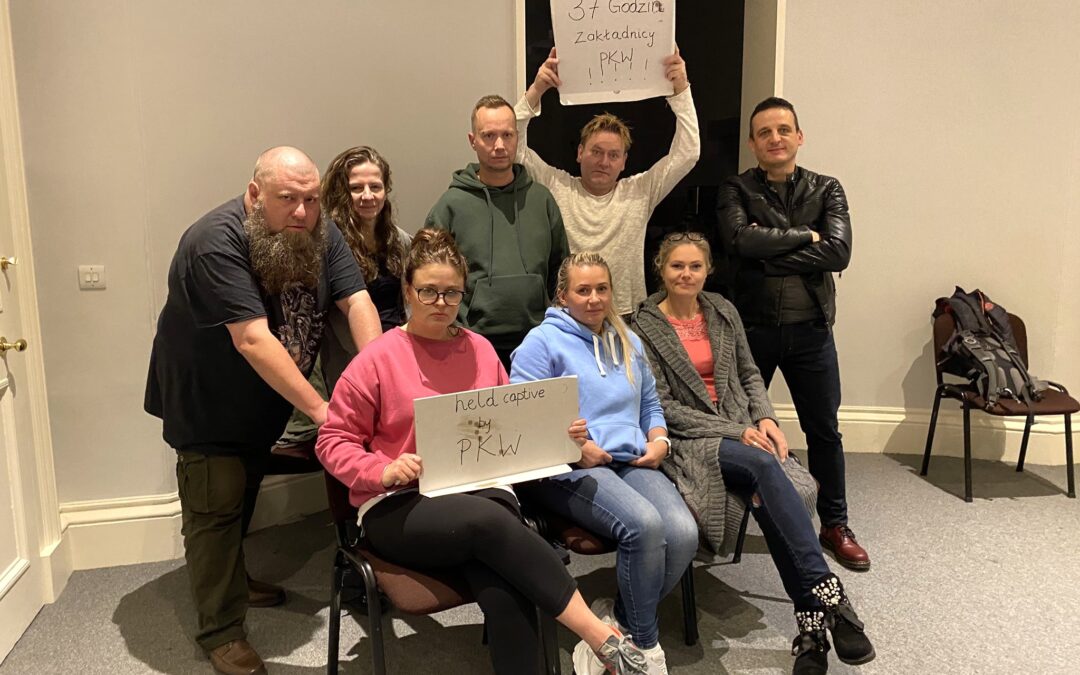
Under electoral rules, the committee must remain at the polling station until the results are accepted